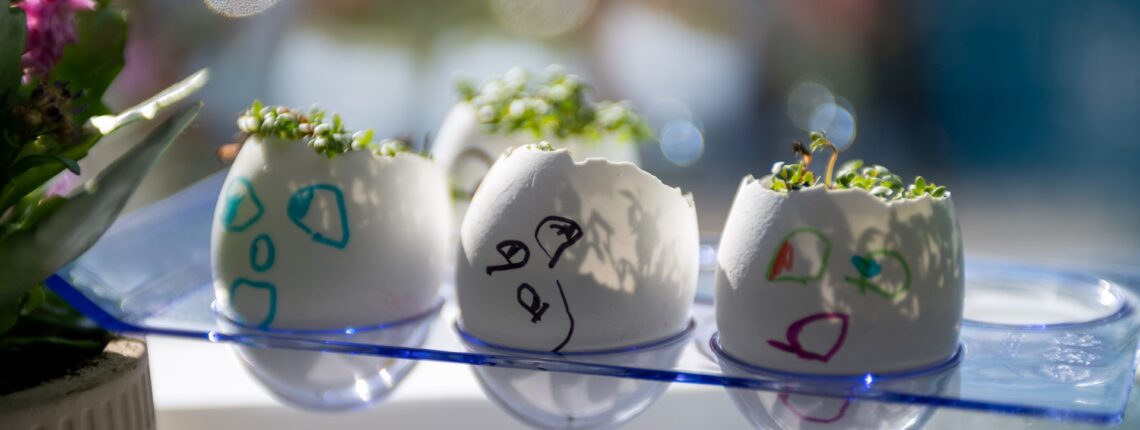Asthe course-taker here, you might begin to wonder how your other family members would answer some of the questions from the previous page. On the one hand, begin to listen for the answers manifested all around you. On the other hand, to put your wonder into action, you can use some of these questions to form projects that engage your family.
Keeping a flow of books and poems about diverse families is also fun and educational and can spawn dialogue about your own family. If recommended books aren’t found in your local library, asking for them is a kind of activism itself. Some resource lists you might find useful are listed in the sidebar.
Engage in family games to keep learning together and to keep surprising each other. A very open-ended play-acting game for learning from one another, created by psychology professor Dr. Jessica Kindred, is called “Being Them.” The goal is for participants to employ the “I” voice in dialogue with one another, to express and embody a voice of something beyond oneself. Within any theme, participants choose an “I-dentity,” research it as necessary, and speak from its reality. All this, they do while engaging in dialogue with the other participants in the room. The characters, in this case, may transcend space and time to meet and share their life experience and vision.
For example, “Come to dinner tonight as a peace hero you admire from history. Be them!” or “Come to breakfast as your favorite scientist. Be them!” While the choices participants make reveal much about them, the voices they embody expand them. The burden of self-representation is released, opening up new potential for expressivity. Being in another’s voice, each organically practices the skills of perspective taking, connection, dialogue, and wonder. It’s kind of a “getting into yourself by getting out of yourself” experience.
Children’s Books That Show All Families Are Different

